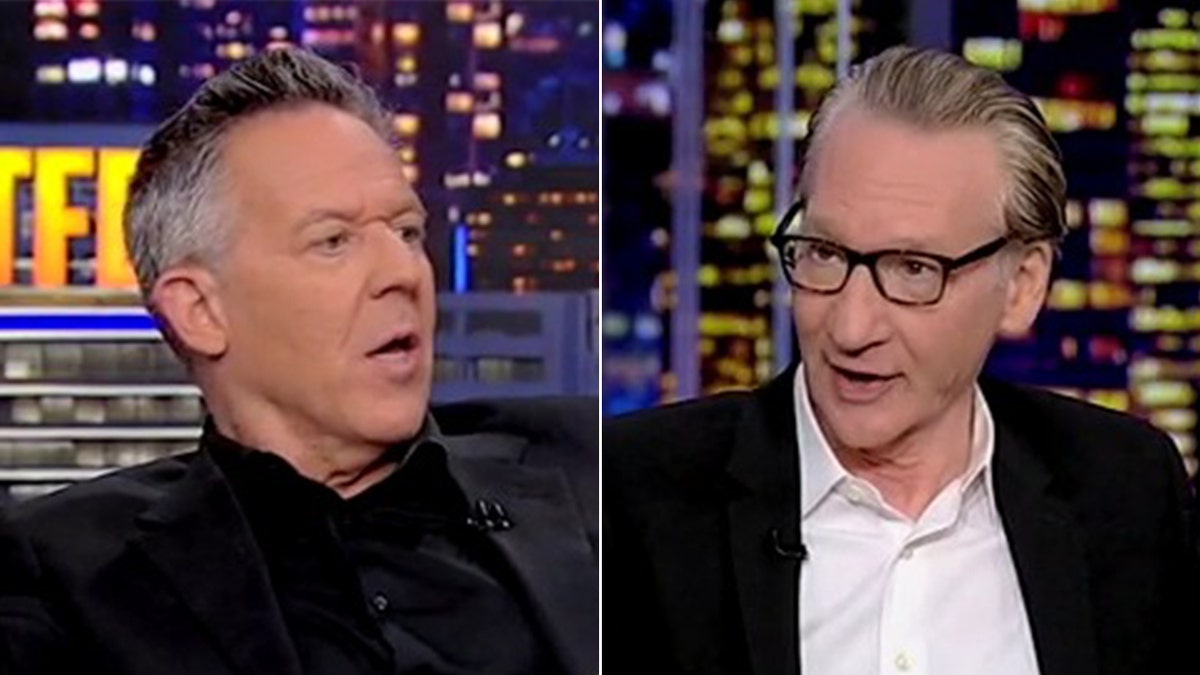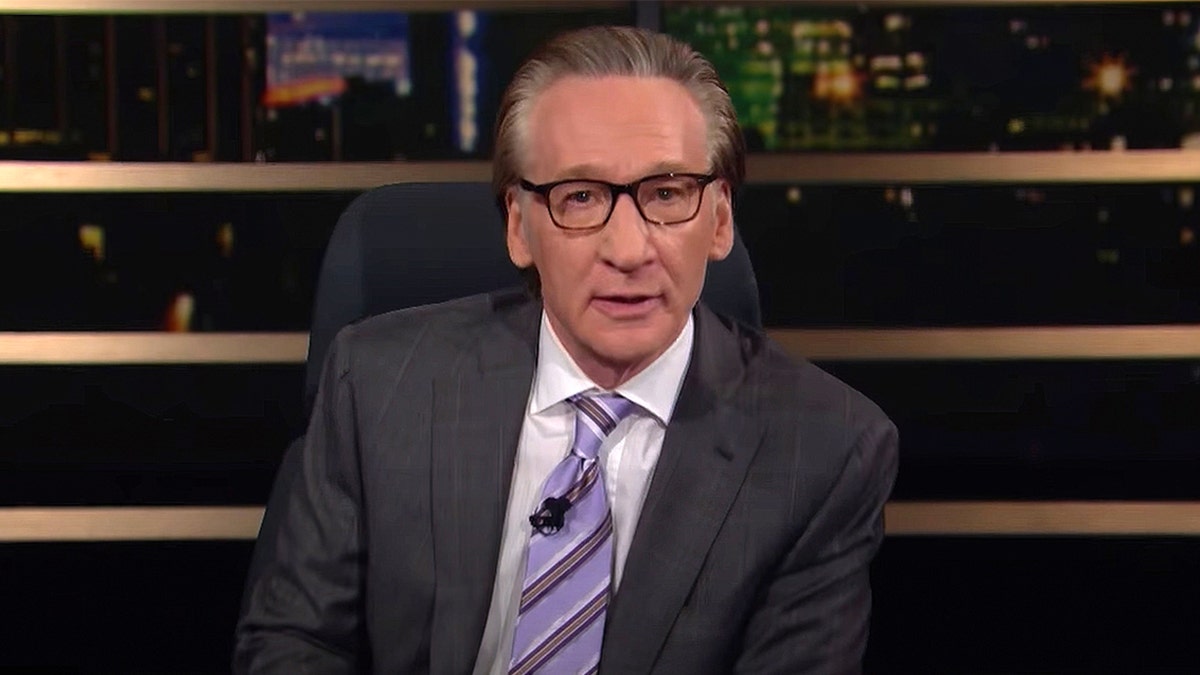Bill Maher's Heated Clashes & Trump Meeting: Latest News
Did a recent meeting at the White House spark a clash of ideologies and accusations of being "trapped"? Bill Maher, the outspoken comedian and political commentator, found himself in a heated exchange, not just with one, but multiple critics, after a dinner with former President Donald Trump. This event, and the fallout that ensued, provides a compelling glimpse into the ever-shifting landscape of political discourse and media scrutiny.
The incident that ignited the firestorm involved a dinner at the White House, an event that immediately drew the ire of some. Washington Post columnist Josh Rogin was among the first to publicly criticize Maher, accusing him of "falling into the trap" by engaging with Trump. This accusation, however, was met with a sharp retort from Maher, who defended his actions and vehemently denied any suggestion of being manipulated. The crux of the debate revolved around the implications of such a meeting, the potential for normalization, and the ethical considerations of interacting with a figure as controversial as Trump.
Maher's response, delivered with his characteristic candor and wit, resonated with some, while further alienating others. "You can hate me for it, but I'm not a liar," he declared, a statement that seemingly aimed to preemptively address any accusations of dishonesty or ulterior motives. This defiant stance, however, did little to quell the controversy, which quickly spread across various media platforms, generating a flurry of opinion pieces, social media commentary, and television discussions. This wasn't just a simple disagreement; it was a clash of worldviews, a test of alliances, and a demonstration of the power of perception in the modern political arena.
This isn't the first time Maher has found himself at the center of controversy. His career has been marked by a willingness to challenge conventional wisdom, often leading to clashes with both the left and the right. His show, "Real Time with Bill Maher," has become a platform for unfiltered discussions on a wide range of topics, from politics and religion to social issues and pop culture. This has made him a target for those who disagree with his views. The Trump dinner was just another example of how quickly a celebrity can become a talking point in a heated political climate.
The meeting wasn't just a private dinner; it was a public event with significant implications. The optics of the situation were key, with Maher's detractors immediately interpreting the interaction as a form of validation for Trump and his policies. Critics argued that the meeting served to normalize a figure accused of numerous transgressions. Others saw it as a dangerous precedent, arguing it allowed Trump to rehabilitate his image and influence public opinion. Regardless of the motives, the dinner clearly had an impact, shaping the way Maher was viewed by many and sparking a significant debate about the ethics of political engagement.
In the wake of the meeting and the subsequent media storm, Maher also found himself at odds with other voices on the left. Puck News correspondent Julia Ioffe, for instance, faced Maher's criticism for expressing "such contempt for half the country." This divergence highlights the complexity of the political landscape, where ideological divides can often run deeper than party lines. Maher's ability to create enemies on both the left and the right demonstrates his commitment to his own perspective, no matter the potential repercussions.
The exchange with Josh Rogin was not an isolated incident. Maher also defended his actions against other critics, solidifying his position as someone unwilling to back down. This included confronting other reporters and columnists who questioned his motives. The episode underscores the power of the media to shape public opinion, as well as the impact of personal relationships on political discourse.
Maher wasn't just defending his dinner; he was defending his brand, his reputation, and his right to engage in dialogue, even with those he may fundamentally disagree with. His response was a reminder that, in the realm of public opinion, the truth can be a matter of interpretation, and the narrative can quickly evolve.
Adding another layer to this story, Maher also found himself at odds with the International Criminal Court (ICC), criticizing its move to equate Israel's actions with those of Hamas, a terrorist group. In his characteristically blunt manner, Maher called the ICC's move "ridiculous," further demonstrating his willingness to tackle complex political topics. This position also drew criticism, highlighting the sensitivity of the Israeli-Palestinian conflict and the potential pitfalls of taking a stand on the issue.
Adding to the complexity of the matter, during an appearance on Maher's show, Emanuel criticized fellow Democrats over what he perceives as misplaced priorities, especially in education and social issues. In one particularly memorable moment, he joked about the cultural shifts. This highlights the ongoing debates within the Democratic Party and the challenges of maintaining party unity.
Vivek Ramaswamy, known for his outspoken views, weighed in on a separate but related issue. Ramaswamy, who has a sizable stake in Buzzfeed, sent a letter to Jonah Peretti calling for new board seats and dramatic cost cuts, adding another layer of controversy in the media landscape.
Maher's latest season of "Real Time" ended with a series of tense exchanges, including a debate with Neil deGrasse Tyson on topics such as Democrats losing elections, and transgender athletes.
The central point of the debate surrounding the White House meeting and Maher's subsequent responses is the question of whether such interactions serve to legitimize controversial figures. The idea that meeting with someone in power implicitly condones their actions is a recurring theme in the political arena. The counter-argument is that such engagements can be a tool for open dialogue, even if they are unpopular. It is a complex issue, one that has no easy answers.
Trumps goal, in the eyes of some, was to leverage Maher's popularity to improve his image. The counter-argument to this, however, is that Trump has a strong base of support and doesn't need to persuade Maher or his audience. This line of thought suggests that the meeting was initiated by Maher, not Trump, and the political calculus is much more complicated.
In conclusion, the recent events involving Bill Maher highlight the constant tension between freedom of speech and political considerations. The dinner at the White House, the subsequent criticisms, and Maher's responses all underscore the complexities of navigating the modern political landscape. The discussion provides a window into the evolving nature of media, the ethical considerations of engaging with controversial figures, and the challenge of maintaining one's integrity in the face of public scrutiny. Its a story that highlights how the intersection of media, politics, and celebrity continues to shape our understanding of the world.


